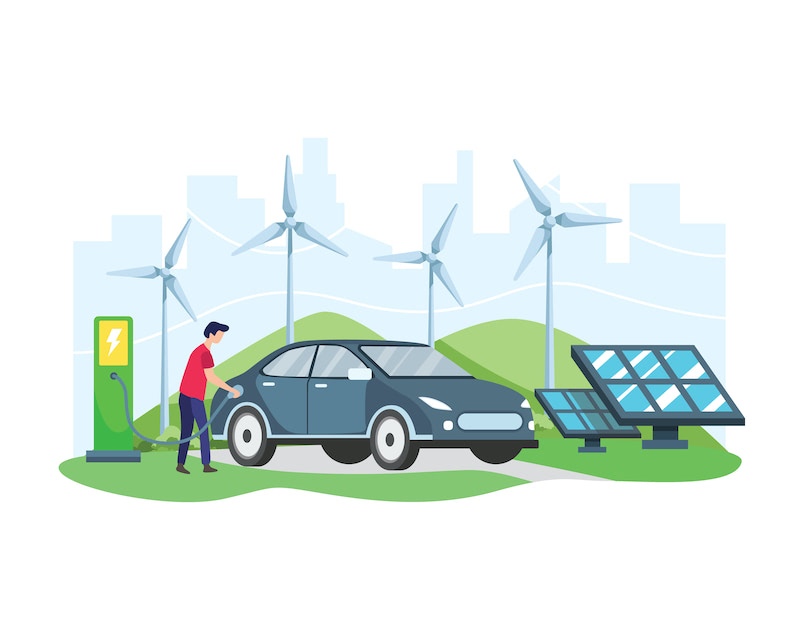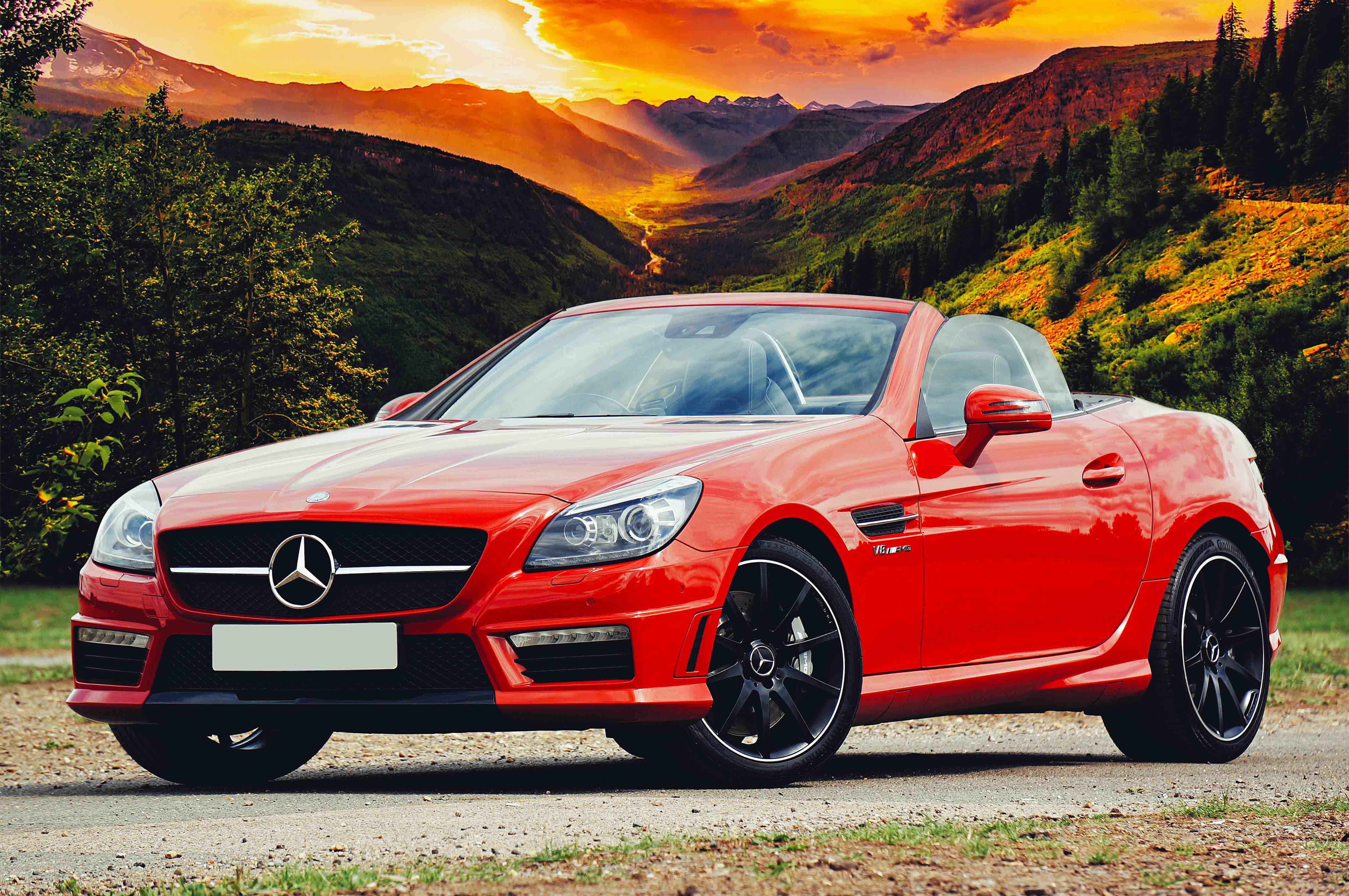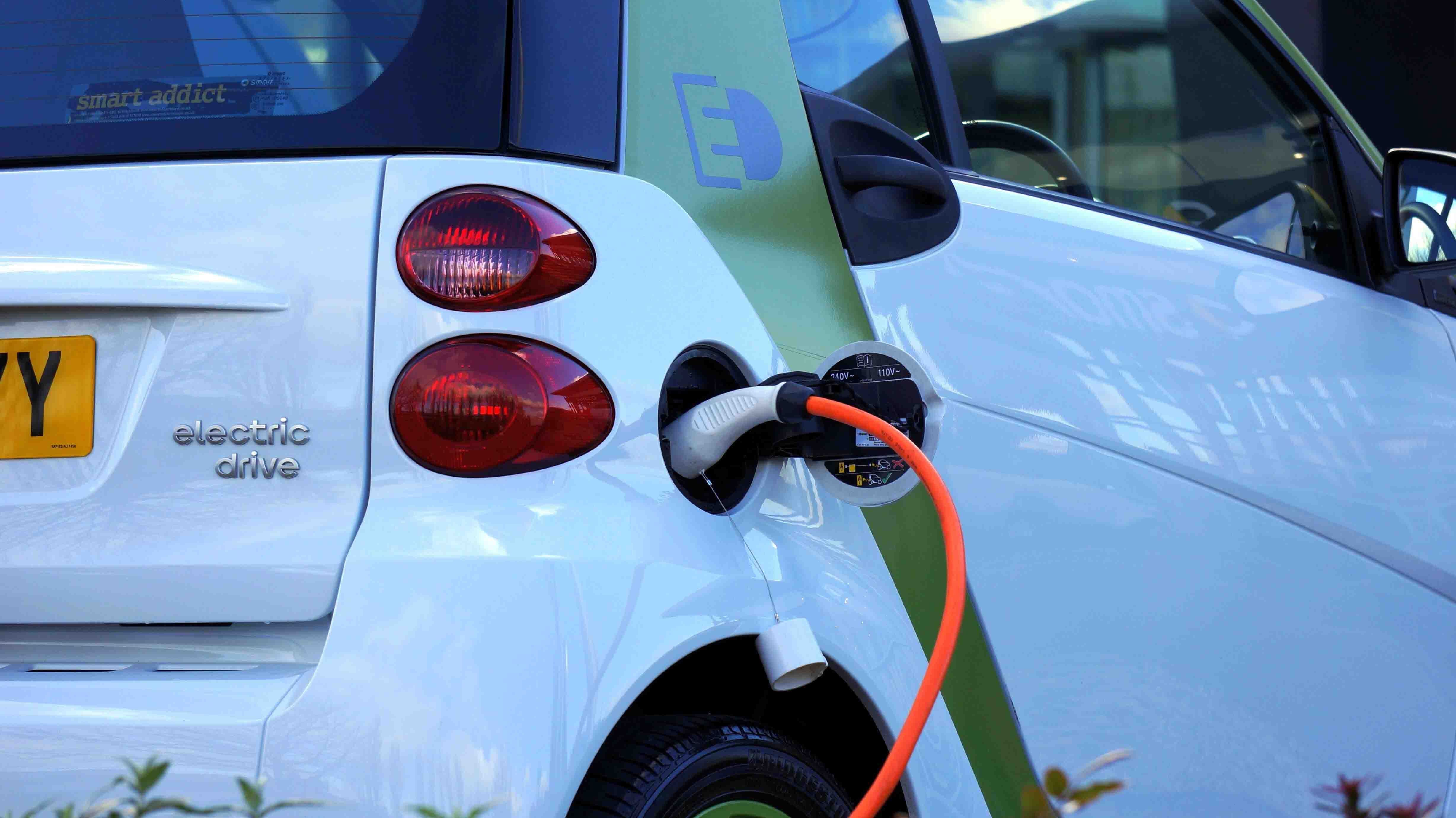Shanghai (Gasgoo)- On April 16, 2024, Volvo Car Group ("Volvo Cars") announced it has signed a strategic Memorandum of Understanding (MoU) with the Chinese power battery giant CATL to engage in deep collaboration in the battery closed-loop recycling area.
This partnership aims to promote the recycling of battery materials and reduce the carbon footprint across the lifecycle of electric vehicles, further advancing both parties' sustainability strategies.
Electric vehicle batteries contain multiple non-renewable metals, with significant carbon emissions arising from their extraction and processing, representing a substantial portion of the battery production cycle. Furthermore, as China's electric vehicle market rapidly expands, a large volume of power batteries will eventually reach the end of their life cycle, posing significant environmental challenges if not properly managed. Volvo Cars and CATL's collaboration will focus on closed-loop management of battery materials, encompassing the dismantling, recycling, and reuse of spent batteries to lower lifecycle carbon emissions and promote circular economic practices.
Under the agreement, Volvo Cars will recover retired batteries from its vehicles sold and those scrapped during factory production. These will be sent to Volvo-certified suppliers for dismantling, with the aim of retrieving over 90% of metals like nickel, cobalt, and lithium. CATL will repurpose these recycled materials to manufacture new batteries, which will then be used in new Volvo vehicles.
Both companies will also work together to create an efficient, collaborative, and transparent management system, supported by their R&D departments, to ensure all processes adhere to Volvo Cars' stringent product quality standards and comply with applicable regulations.
Li Hai, Vice President of Procurement and Logistics at Volvo Cars Asia Pacific, remarked, “The circular economy is integral to Volvo’s sustainability strategy. We are dedicated to achieving net-zero greenhouse gas emissions by 2040, a goal that demands concerted effort from all our supply chain partners. This partnership with CATL will help further reduce our electric vehicles' average lifecycle carbon emissions and refine the business model for battery recycling and reuse, offering a pivotal model for sustainable practices within the battery industry.”
Tan Libin, Co-President of Market System at CATL, added, "CATL is committed to solving the core challenges related to the safe, reliable, and sustainable use of green energy. We have adopted a holistic, inward-out strategy for carbon reduction and have set the industry's most ambitious carbon neutrality goal for the global lithium battery sector. Our agreement with Volvo Cars represents a critical milestone in establishing a domestic battery recycling and closed-loop business model, marking the beginning of a new era in battery recycling management."
Volvo Cars introduced its sustainable development strategy in 2019, emphasizing the circular economy as a key focus. The company aims for an average recycled material usage rate of 30% across all its models by 2030 and to ensure that new models produced from 2030 onwards contain at least 35% recycled materials. The latest partnership with CATL represents another significant breakthrough following their joint use of blockchain technology to ensure traceability of battery raw materials.



